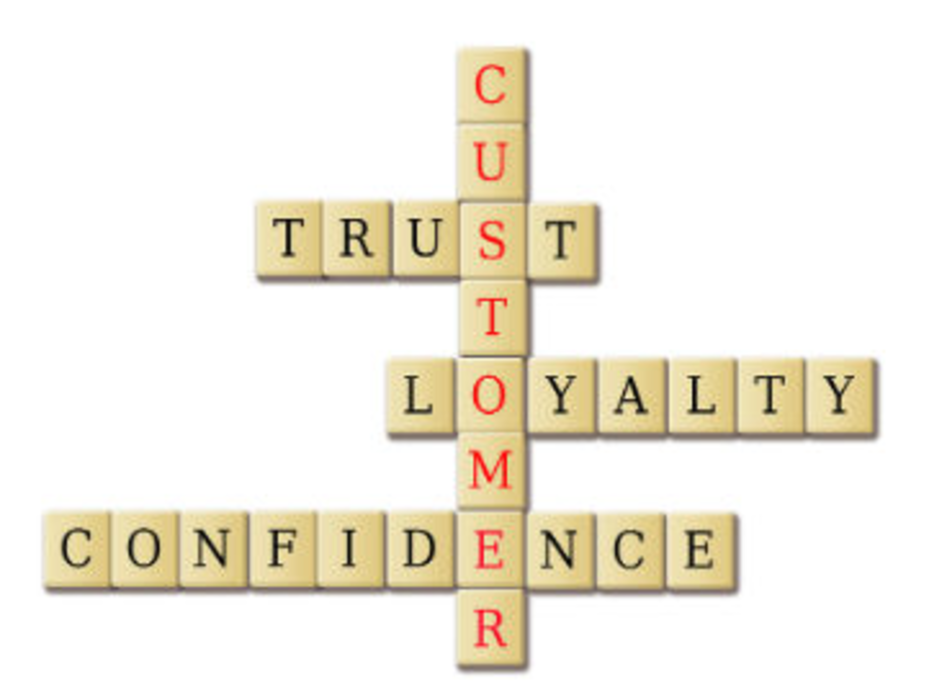Americans may be mad about Facebook, Twitter, and Pinterest, but they don’t trust them as far as they can post them. They feel much safer sharing sensitive personal information with a list of long-established companies led by American Express, Hewlett-Packard, Amazon, IBM, and the U.S. Postal Service.
Those five organizations topped the Ponemon Institute’s 2012 Most Trusted Companies for Privacy survey, which asked 6,704 consumers to name, unassisted, the companies they trusted most to protect their privacy. Rounding out the top 10 were Procter & Gamble, USAA, Nationwide, eBay, and Intuit. This marks the sixth consecutive year at the top of the list for American Express.
The only social media company to make the list was Facebook at number 17. Ponemon Institute doesn’t reveal names of the least-trusted companies, but it did identify social media, nonprofits, and toy manufacturing as the least trusted industries.
While guaranteeing that its survey sample is nationally projectable, the Ponemon Institute qualifies that consumers are likely to rate companies based on factors outside of privacy, such as good or bad customer service experiences. “Sometimes, it’s not about privacy at all,” says the Institute’s Chairman, Larry Ponemon. “People rarely read companies’ privacy policies. They’re too long and too full of legalese. It’s more about a gut feel.”
Indeed, 63% of those surveyed admitted to sharing their sensitive personal information with an organization they did not know or trust. Ponemon observes that the true percentage must be higher, because not everybody will admit to such risky behavior. The majority of those admitting to the behavior said they did it for convenience’s sake when making a purchase.
A privacy paradox is at play among the populace, which appears suspended between convenience and concern. While 78% said they feel privacy protection plays an important or very important role in assessing trustworthy companies, only 35% felt they have control over their personal information. That percentage has eroded a little more each year since 2005, when more than half felt in charge of their personal data.
“Marketers can use the control issue to their advantage,” Ponemon says. “Because perception counts so much toward consumer trust, companies would be wise to ask customers how they would like to be contacted.”
Consumers identified the top three threats to their privacy as identity theft, government surveillance, and notice of data breaches.
“Big Data is a treasure trove for marketers, and most consumers don’t fully understand how much information is collected and used to market to them,” Ponemon says. “But they do have an idea that there’s this machine out there collecting all this information and they’re fearful mistakes can be made that can harm them.”
More respondents seemed unhappy with government snoops and nonprofits this year than last, but Ponemon ascribes that to the fact that surveying began as the election season was winding down and people were being besieged by campaigns and PACs.
Consumers used the Most Trusted survey to provide a guide to marketers on how they would like to be treated. Organization privacy features they rated most important were:
1. Substantial security protections
2. No data sharing without consent
3. Ability to be forgotten
4. Option to revoke consent
5. Limits on data retention







